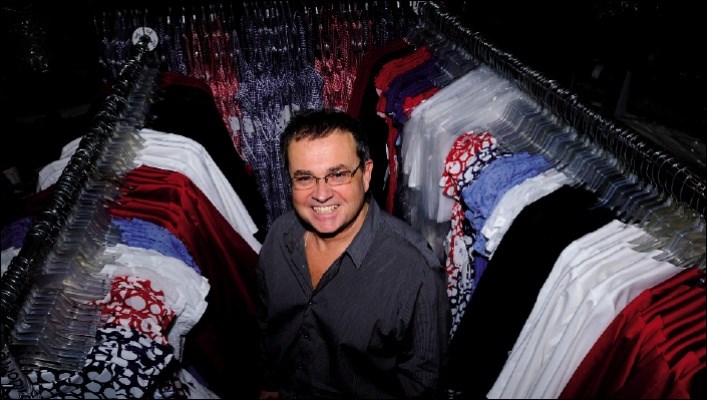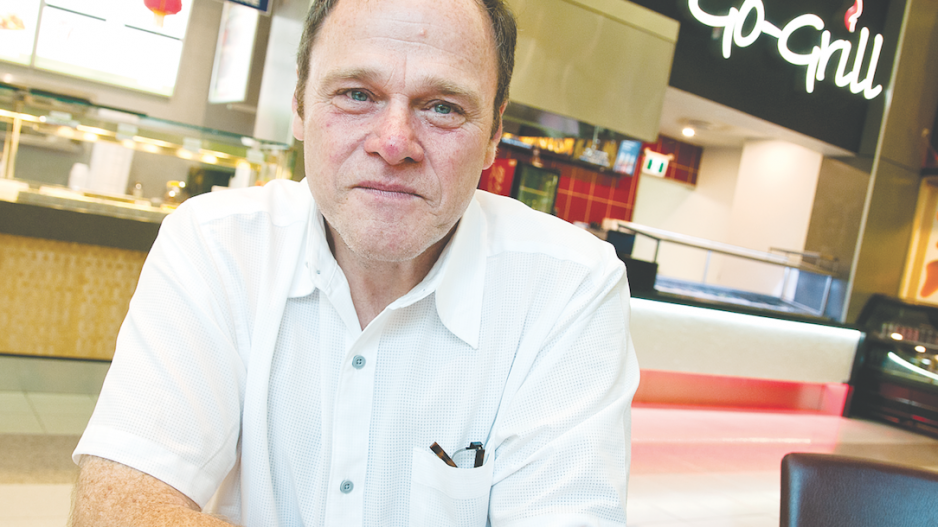Small-business owners laud many things that the BC Liberal government has done since its re-election four years ago, but some entrepreneurs are convinced that the government makes changes only when it is pushed to do so and even then begrudgingly.
Critics also point to examples – including the most recent budget – of government offering small-business owners a spoonful of sugar only to then add sour-tasting medicine.
The 2017 budget offers small-business owners an unexpected gift of a 50% cut in Medical Services Plan (MSP) premiums starting in 2018 for households that make up to $120,000.
Given that many small-business owners pay half of the MSP for their employees and that they have to swallow the full MSP cost for themselves, the cut is welcome relief, as it would save a single adult up to $450 per year. A business that splits that saving would realize $225.
On February 27 – less than a week after the budget – came the bad news.
Small-business owners had expected the government to hike the minimum wage by $0.40 to $11.25 starting on September 15.
That would have added $832 to the cost of employing a minimum-wage worker for a year.
The news February 27, however, was that the minimum wage would rise $0.10 more than expected, to $11.35 per year, or $208 more for each full-time minimum-wage worker.
“Financially, the cut to the MSP premiums has the biggest implication of anything in the budget for small-business owners,” said Greg Wilson, the Retail Council of Canada’s director of government relations. “My estimate is that, for retail, it is about four times as beneficial as the small-business tax cut.”
The tax cut that Wilson mentions is the planned reduction of the tax rate on small-business profit to 2% from 2.5%, effective April 1.
The Liberals in 2013 had promised to cut that rate to 1.5% by 2017.
Besides being less than expected, the cut also does not help most small businesses, said Ed DesRoches, who co-owns the women’s fashion store Plum.
He said most small-business owners pay themselves a salary from their business and that they are taxed at personal tax rates for that money.
Once operating expenses and that salary are added up, there is often little left over.
“The vast majority of businesses that I’m aware of that are mom-and-pop operations never get to the point where they actually have a profit in the business,” he said.

(Photo: Plum Clothing principal Ed DesRoches believes most small businesses do not make much corporate profit | BIV archives)
Lowering the tax rate to 2% will therefore be only a slight encouragement over current incentives to keep money in the business instead of paying it out in salary.
B.C.’s 2% rate is the lowest small-business corporate tax in Canada except for Manitoba’s, which is 0%.
Businesses in B.C. pay 11% on all profit that exceeds $500,000.
Another change that small businesses have been lobbying for is to make the provincial sales tax (PST) a value-added tax instead of a sales tax.
That would mean that suppliers and distributors would add the tax to their prices in each step of the supply chain, Wilson said.
Currently the tax is added only at the final point of sale.
“A change to a value-added tax would broaden the tax base and probably would provide the government with more revenue at the same time as being fairer,” he said.
Finally, small-business owners would like to be reimbursed for credit card commission fees that rack up when they collect PST at the till, as credit card companies charge merchants for collecting the government’s taxes.
Franchising, liquor laws among major amendments
B.C. small-business owners who purchase franchises or sell alcohol are among those affected most by changes put in place by the provincial government over the past four years.
The government’s long-promised Franchises Act went into effect February 1 and offered added protection to franchisees. New stipulations, for example, require franchisors to reveal details such as whether they have ever been sued – either corporately or personally as a director. The act also clarifies what franchisors must disclose before a sale completes, and makes it easier for the franchisee to get out of the agreement if adequate disclosure is not made.
This is good news for Ian Jenkins, who told Business in Vancouver that he and his wife, Deborah Jenkins, lost $750,000 when they walked away from their Go-Grill franchise at Central City Shopping Centre and were kept from opening a planned second franchise at Vancouver International Airport in 2015.
A lawsuit they launched against the franchisor remains unresolved.
“The problem is that a lot of people just don’t have the money to continue down the legal path,” said Jenkins, who is now a freelance video editor. “There’s no way I would get involved in franchising in B.C. again even though there is the new act.”
Changes to liquor regulations have been one of the government’s hallmark initiatives. The province’s parliamentary secretary for liquor reform, John Yap, led the initiative after consulting with industry.
One of the biggest changes enables restaurant owners to have happy-hour promotions as long as drinks meet established minimum prices. Those prices were controversial for being higher than many expected.
Loosened regulations also enable B.C. wine to be sold on grocery store shelves or grocers to operate a liquor store within the store as long as the grocer has bought the appropriate licence and met other requirements.
That change has met limited success and brought controversy.
No liquor stores within grocery stores have opened and few grocery stores across the province have B.C. wine on their shelves.
The U.S., EU and several other wine-exporting countries are also taking action against Canada at the World Trade Organization, accusing the B.C. government of unfairly favouring B.C. wine.
The biggest change to how consumers buy alcohol in B.C., however, has been the government’s shift away from a markup system to a new wholesale-price system.
Markups before April 1, 2015, created a retail price for wine. That price was then reduced by different percentages to create various wholesale prices for different classes of retailers.
The new system that the Liberals ushered in has a similar set of markups, but instead of the formula adding up to a retail price, it adds up to a new, universal wholesale price.

Government liquor stores now buy alcohol at the same wholesale price as private retailers, and all store owners can set prices.
This new system sparked anger among entrepreneurs such as Marquis Wine Cellars owner John Clerides, who owns a licence for one of the province’s 12 wine-only stores.
(Image: Marquis Wine Cellars owner John Clerides | Chung Chow)
Those licences restrict the retailer to selling wine and not lucrative products such as beer and spirits. The compensation for this restriction used to be a 30% discount off the government’s retail price, while other retailers received much smaller discounts.
The government hailed the new system as creating a level playing field, although Clerides remains unable to sell beer or spirits and is not compensated for that restriction.
“They wouldn’t have batted an eye if we had gone out of business,” said Corinne Lea, who owns the Rio Theatre and lobbied successfully to have the government enable her theatre to sell alcohol.
Before Lea’s outspoken efforts through the media, the government had told her that she could have a liquor licence only if her venue was used strictly for live events. That would have meant mothballing the expensive projection equipment that she had bought.
Liquor law changes now mean that Lea can show movies one night and have a live band in her venue the next.
“They only make changes that are helpful to business when people make a lot of noise about it,” she said of the B.C. government.

(Image: Corinne Lea had to wage a vocal campaign through the media to get the B.C. government to allow her cinema to have a liquor licence for both movies and live performances | Dominic Schaefer)
The Canadian Federation of Independent Business in January, however, awarded the B.C. government its prestigious golden scissors award for cutting red tape.
Richard Truscott, who is CFIB’s vice-president for B.C. and Alberta, pointed to the government having a website where it invites people to submit ideas for how to reduce red tape.
A section of that website has links to show what action government has taken on those ideas. If there is no action, the site links to show what ideas are possible and what ones are possible with limitations.
“Business owners want to know that their government understands that there are issues and that they are trying to do something about it,” he said.




